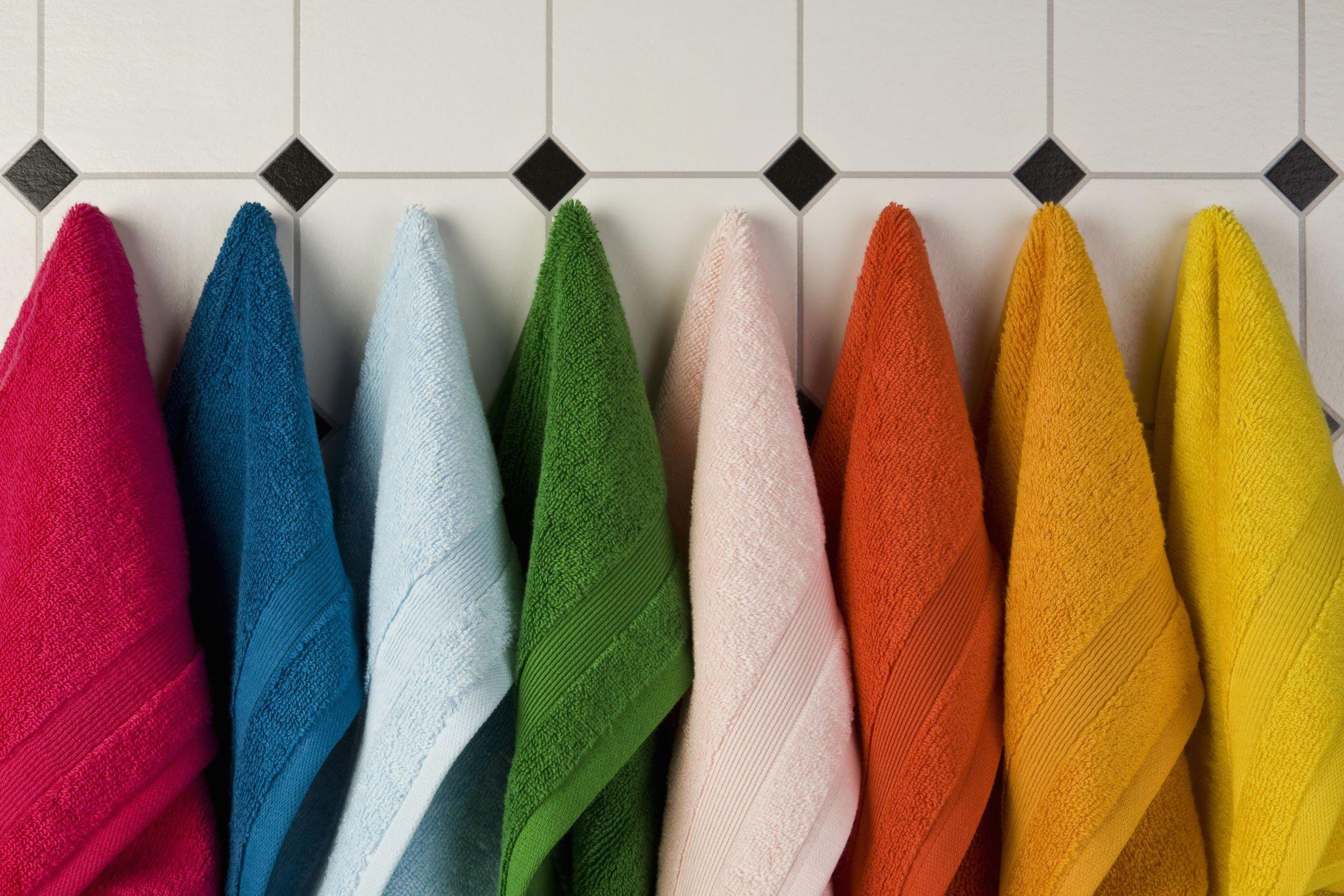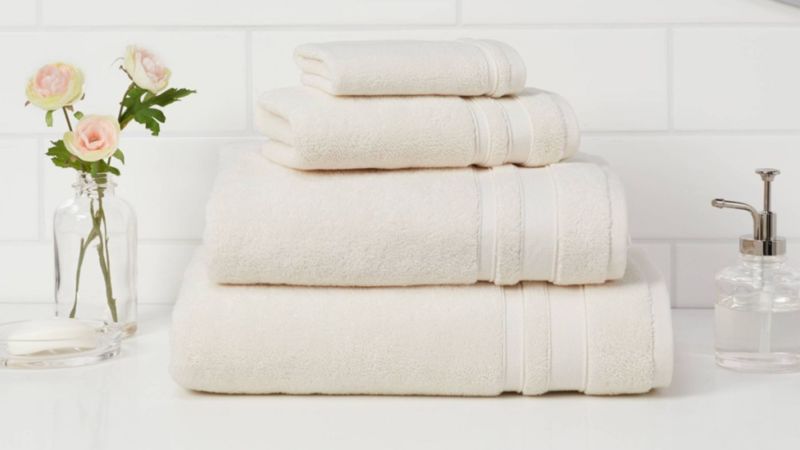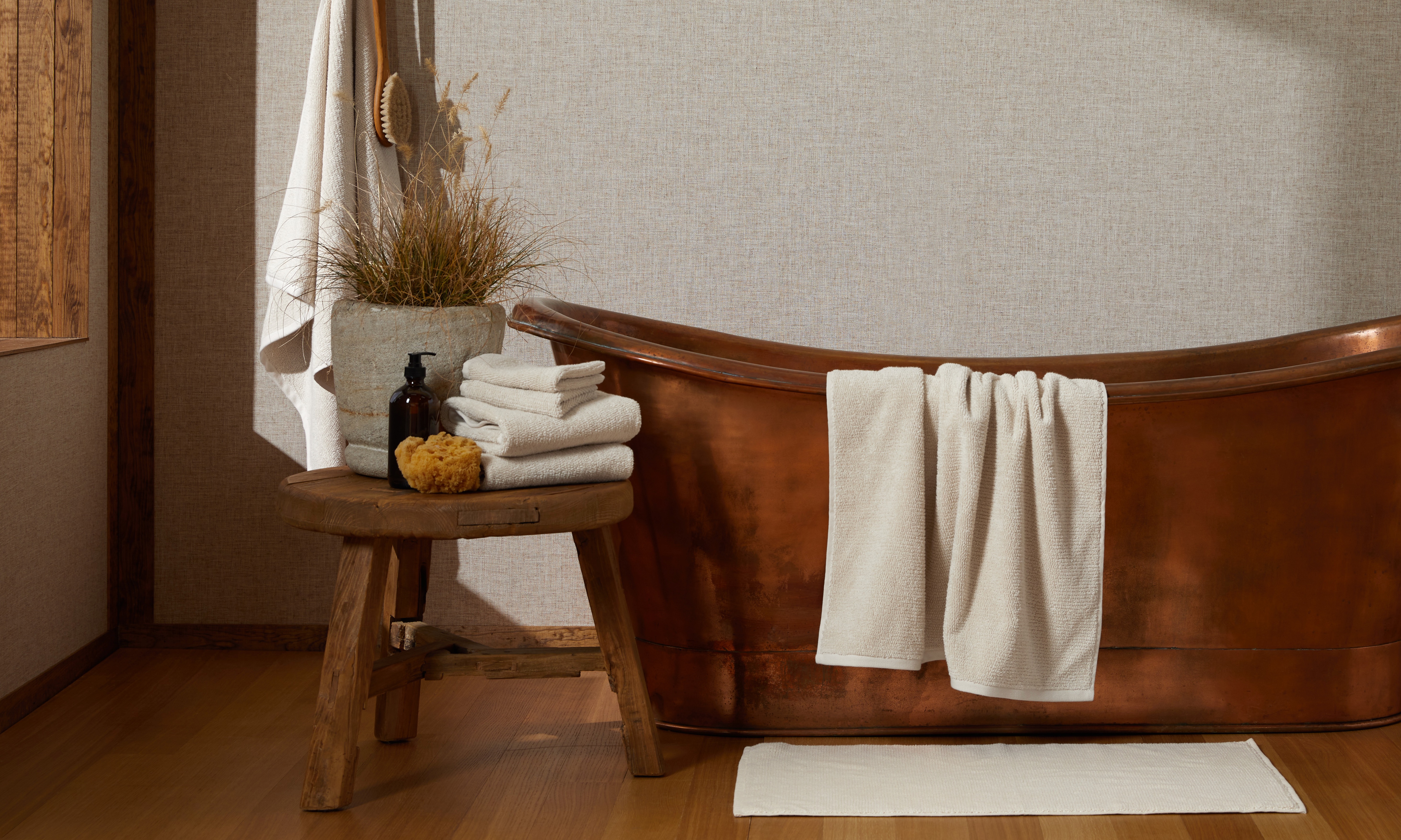Do you ever find yourself wondering how many towels are really necessary for your home? With so many different types of towels to choose from, it can be difficult to know which ones are right for your needs. But have no fear! This guide will provide you with all the information you need to make an informed decision when it comes to optimal towel usage.
Well, explore the different sizes and materials available as well as some tips on how to get the most out of your towels. So don’t wait any longer – let’s get started and learn about how many towels you need.
Determining Your Needs: How Many Towels Do You Need?
When it comes to determining how many towels you need, the answer isn’t as straightforward as you might think. It all depends on your lifestyle and habits. If youre a single person living alone, or even if there are two of you in an apartment, then perhaps one bath towel, one hand towel, and two washcloths per person are enough.
However, if there’s a larger family with multiple people sharing a bathroom space, then that number should be adjusted accordingly to accommodate everyone’s needs. Another factor to consider is whether or not the towels will be used for showering only or also for other purposes such as cleaning up spills around the house.
Depending on how often these types of spillages occur (and therefore how frequently extra towels would be necessary), this could affect your overall number too. Finally, it’s important that once you have figured out what works best for your household situation you stick with it as best possible over time; having too few can create chaos when everyone trying to get ready at once!
On the flip side though having too many means unnecessary laundry costs – so try and find a happy medium between practicality and affordability!
Different Types of Towels and Their Uses

When it comes to towels, there are no one-size-fits-all options. Different types of towels serve different purposes and can help you optimize your towel usage. From bath towels to beach towels, each type has its own unique set of features that are designed for a specific use case.
- Bath Towels: These are the most common type of towel and come in standard sizes such as hand, washcloth, and bath sheet. They usually have high absorbency levels due to their looped cotton or terry cloth fabrication which makes them great for drying off after showering or bathing.
- Beach Towels: This type of towel is larger than a traditional bathroom towel so that it can provide enough space for a person to lay down on top of it at the beach or poolside. Beach towels typically have bright colors or fun patterns printed on them; they also tend to be made out of lightweight material like microfiber so they can dry quickly when exposed to sunlight.
- Kitchen Towels: Kitchen towels tend to be smaller than bathroom and beach options but they’re highly durable since they need to stand up against spills and messes in the kitchen while cleaning surfaces like countertops and cookware items. Many kitchen towels feature ultra-absorbent materials like bamboo fiber which helps make cleanups easier as well as decorative styles with unique prints that match any home décor style!
- Gym Towels: Gymgoers often keep an extra set of gym clothes on hand along with a small fitness towel specifically designed for wiping away sweat during workouts—these are much thinner than other types because their purpose isn’t absorption but rather just providing quick relief from perspiration build up during exercise routines!
Storing and Caring for Your Towels

Having enough towels is important to ensure you can adequately dry yourself after a shower or bath. But it’s also important to know how many towels you have, and where they are stored. Storing and caring for your towels properly will help them last longer and be more hygienic.
Here are some tips on storing and caring for your towels:
- Invest in good quality, absorbent materials like cotton or microfibers when buying new towels so that they last longer.
- Make sure you store your towel properly away from direct sunlight as this may cause fading of the color over time. Instead keep them in a cool, dark place with plenty of ventilation if possible – such as hanging them up on a hook or rack in the bathroom cupboard or airing cupboard instead of simply piling them up in a laundry basket!
- Give your used towel an extra rinse before throwing it into the wash – this helps remove excess dirt and oils that may build up over time which could otherwise become bacteria breeding grounds later down the line!
- Avoid using fabric softener when washing your towels as this can reduce their absorbency over time by coating fibers with residue-causing chemicals; use white vinegar instead which has natural softening properties without any damaging effects!
- Air drying is preferable to tumble drying but make sure not to leave wet items lying around too long as this could lead to mildew forming – hang damp items out of direct sunlight if possible though air drying outdoors is best avoided unless necessary due to weather conditions (and even then only briefly!).
Practical Tips for Maximizing Your Towel Usage

When it comes to maximizing the usage of your towels, there are a few tips that can help you get the most out of them. Firstly, if possible try to use a towel multiple times before washing it. It’s important not to overuse a towel and make sure it’s clean by washing it regularly but if you don’t necessarily need a new one each time then this is an easy way of increasing its lifespan.
Secondly, when drying off after showering or bathing always be sure to pat yourself down with the same side of the towel – this will ensure that both sides get used evenly and last longer. Thirdly, hang-drying your towels rather than using a tumble dryer is better for their life expectancy.
Lastly, avoid using fabric softener when cleaning towels as this reduces absorbency and makes them less efficient at doing their job!